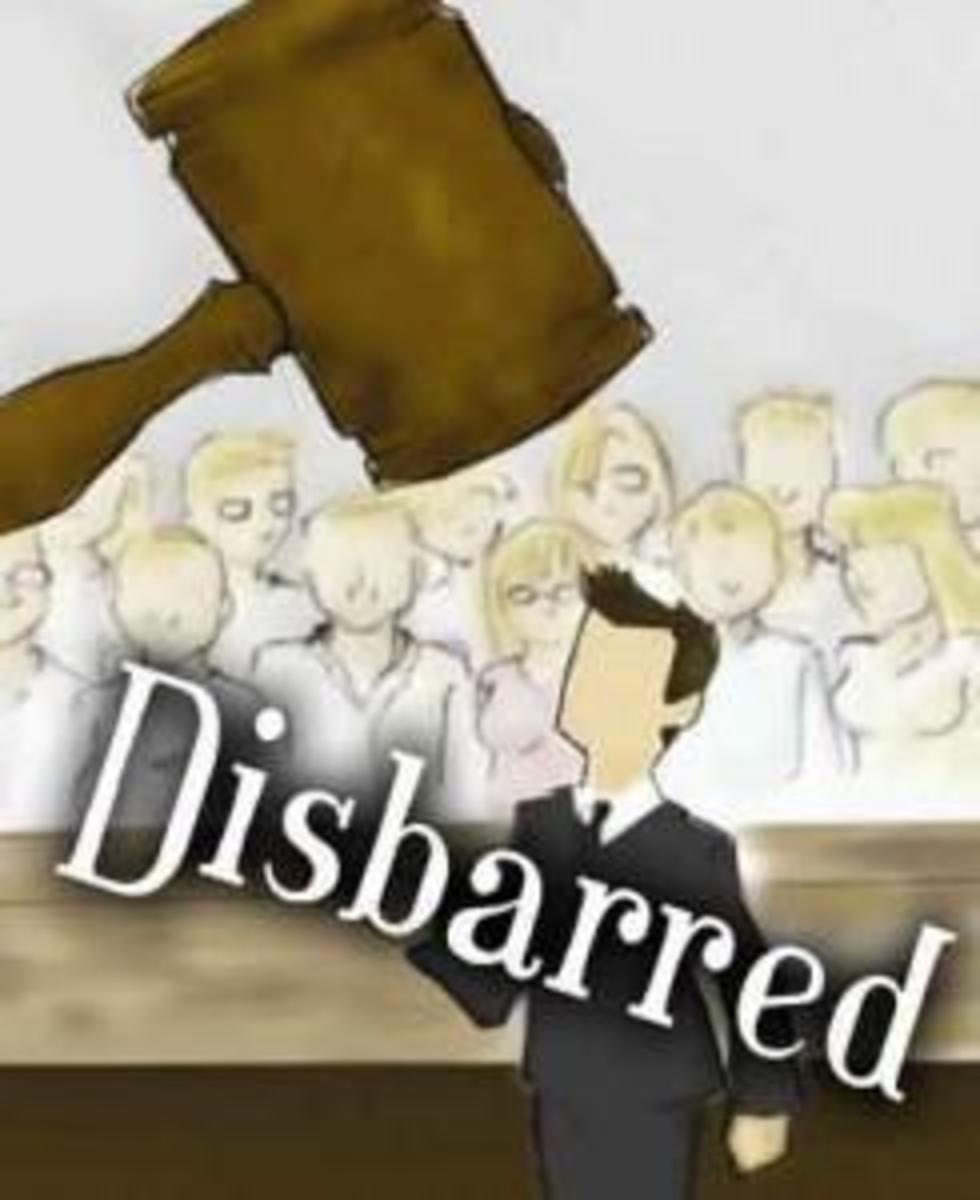Court_System
Court System (Monolithic)
Court system is made up of two different court systems: Federal and state court. We have a dual court system in America because under the U.S. Constitution “both federal and state governments need their own court systems to apply and interpret their laws.” Some examples include cases such as divorce; federal courts often lack in cases such as this.
The constitution does not allow them authority in cases concerning most matters in relation to regulation of family. The U.S.Constitution has specific powers they grant to the federal court system and whatever powers are leftover are given to the court system. It’s like if you constantly experience “Filet Mignon” and decide to pass on the leftovers for others to enjoy, so to speak.
We also have a dual court system to make sure that every trial is fair and no one court system overrules and becomes more powerful than the other. They are placed to keep each other in check, but in reality we know the federal courts are the one who is responsible for running the whole show, because of the powers granted to them from the U.S. Constitution.
I don’t think a drive towards court unification would lead to a monolithic court sysem, because it would give the federal court system too much power as far as the control factor goes, and we know the state legislatures are known for making better decisions when it comes to the needs and affairs of the everyday local citizens. This would not be a solution of effectiveness because it’s planted upon a system that’s too complex. In essence, the state legislature is in better condition when it comes to making the right and effective decisions concerning local affairs.
A monolithic court system in the United States would be disastrous. Some would say that our national health care is a monolithic idea but that’s not true, even though the critics often portray it that way. A lot of companies especially the small ones are often forced to offer cheap health benefits if any; this is due to the rising costs of good benefits, downsizing in workplace often leaves or force employers to make decisions that they don’t want to. Therefore health care systems have to be in place bearing different varieties for people to choose from.
A monolithic court system wouldn’t be in any of our best interest to have, because of the rigid rules it would possess. If this system was to come into play, each state would no longer have an individual voice, allowing the nation to be ruled by the decisions of the federal courts. Almost as though a dictatorship is in complete control, even though federal courts have superseding powers of the state court systems concerning certain cases, especially if someone’s constitutional rights have been violated.
If I was a judge my sentencing goals and philosophical rationales would be based on decisions that the prosecutors/defense attorneys’ make concerning the defendants, some of them include plea bargaining agreements, because they tend to have a profound effect on how sentencing decisions are made. I also would look at the severity of the crime and explore what my limitations are as far as minimum/maximum sentences allowed by law, important to explore them to know what my true guidelines are.
If I were a judge, I couldn't envision any circumstances that might make my guidelines or sentencing goals change, because every crime has to be looked at differently. You cannot let your emotions rule your ability to make a sound decision. All the evidence mounted for or against the defendant has to be thoroughly taken into account. Have to make sure you cover what you can and cannot do sentencing wise to stay within the guidelines that are set forth.
If I were a judge in a federal jurisdiction, the guidelines I set would be based on statutes set forth within that jurisdiction, this would involve more high profile cases and definitely not cases which are misdemeanor in nature. When providing examples of situations of extreme difficulty in relation to sentencing goals or philosophical rationales. Capital murder cases would be extremely difficult to judge especially if the defendant is found to be guilty beyond a reasonable doubt and all.
Examples of capital murder cases include first degree murder with special circumstances, arson, kidnapping, torture along with other felonious offenses, these offenses are deemed to be capital murder in some states. Sentences for these crimes include life without possibility of parole or in some cases, the death penalty.
Crimes of arson in relation to capital murder usually happens as part of a cover-up, this is usually where a person takes the time out to hide the body after the crime has been committed. Criminal’s intent/goal is to eliminate evidence from being discovered at the scene. In a lot of arson cases I have heard of in Detroit, Michigan where I reside, people are found in abandoned homes/commercial buildings that the city refuse to tear down. Arson, whether fire was set to cover-up a murder or to commit a murder comes at a hefty cost. Direct costs include destruction of property, cost that firefighters have to incur such as producing firefighting supplies and staff that is needed to combat the fires, not withstanding the numerous manpower and hours contributed to these deliberate acts.
Crimes of kidnapping in relation to capital murder usually take place as a result of someone demanding some sort of ransom or drug gang affiliation. Mexico is considered to be the “kidnap capital of the world.” They have seen average of about 72 kidnappings a day throughout the year 2012. In Mexico, kidnapping of U.S. citizens following acts of murder tend to occur in isolated areas of the region. So if you are planning a trip in Mexico or other foreign countries, you may want to check out the political climate or situation within that region before you make reservations and all.
Crimes of torture in relation to capital murder usually takes place from a criminal who is dead set on inflicting pain and making the victim suffer before they commit their final act which is murder. The murderer puts the victim(s) through a process where he is responsible for slowly torturing him/her, often leaving them to die out from injuries they suffer as a result of massive blood loss. These kind of torturous acts are deemed to be deliberate in nature with a premeditated intent. The criminal’s purpose is to enact some sort of revenge, extortion or some other form that is sadistic in nature.
In closing, I feel in a perfect world we probably would not have to deal with a monolithic system and the challenges that would take place as a result of it. But, of course we are not in a perfect world, and eventually I feel this will come to fruition in one way or another. With this being said if we were to put a solid plan in place concerning such a system, there’s a possibility that this could work. In setting up something such as this, the manpower would have to be increased and the states afforded the individual protection in cases that they once had, represented by individuals’ who have their best interest at heart and are residents in the state in which they represent.








